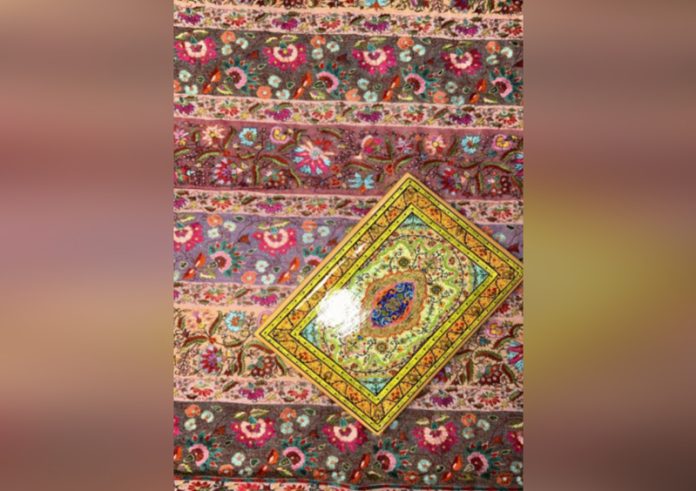We, the comforters, the friends and members of the continuing community, shouldn’t worry about the exactitude of what we say. The grieving are also the forgiving. What comes out of our mouths in that holding out of comfort may seem to us painfully banal or repetitive, but it’s the act of offering comfort that is important.
The reaching out. Of course, in the world of robust and fundamentalist faith, the reassurance of eternal life and reunion in heaven or hell may be the ultimate consolation. But most of us recognise that in the flesh, bone and brain reality of bereavement, it’s all about the language and touch of human love.

Communication. Holding and keeping on. Those of us who have lost loved ones understand how difficult the folk around us can find our losses, and we honour the offerings of kindness, be they in the form of words, food, practical help, flowers or silent tears.
But the pain of loss continues for us long after the funeral, the burial, the leaving of the last relative or friend, that drive to the airport or wave from the Knab. Grief continues. Healing can take the rest of our lives.
This is why Christian Tait’s courageous and intensely moving book arrives like a great and sometimes overwhelming gift. On the one hand it’s incredibly intimate. These are poems Christian wrote over a period of years simply for herself, meditations on the loss of her beloved husband Harry.
They delve into the difficult physical realities and routines of both palliative care and joyous memories of the youthful past; the wishes of a departed husband (“I want nae fuss/nae greetin weemin”); the anger of those remembered anniversaries a dead partner can never again forget; the guilt of recovered happiness. And of course these are universal experiences. I’ve no monopoly on grief In sharing it we find relief.
.. In the book’s foreword Christian writes: “I wanted the sequence of poems to show that the road to recovery can be long and arduous.
It is a twisting path where one can at times go backwards, be diverted, lost – but there are always glimmers of hope which we must recognise for what they are and build on.” When you died I became a ghost, and walked among the living, feeling nothing. Then pain struck and I had no words.
Unable to share, I suffered alone for I had not yet learned the language of loss It was fellow Shetland writer Donald Anderson who persuaded Christian that these deeply personal poems could have a wider resonance, and great praise is due to Hansel Press and Jim Mainland for bringing them to print in such a beautiful edition, with superb illustrations by Lucy Wheeler. Publication is in association with the Shetland Bereavement Support Service. I believe this is a profoundly important book.
I’ve always felt that poetry and song – in general – should be more than decorative. There should be a human purpose, an attempt to entertain and inspire, yes, but also change and comfort. To heal.
The book takes you from the first inklings that death is coming to separate ( Premonition 1 ( On the Cusp ) through the desperation of loss (Instructions; Silence) right through tentative recovery to the sense of peace found in the three poems Resurrection, Epiphany and Legacy . I believe many people will recognise their own experiences in Christian’s work and find the hard-won reassurance and language to help them through the most difficult of times. And that title? When you died, my diary became my coping strategy.
I catalogue the things I do in an attempt to work things through in daily dialogue with you. Beside each entry, and I have seen them, Christian draws an emoji, a smiley or sad or frowning or angry face like the ones we use on our social media feeds or in text messages. She can leaf through the pages of that journal and map her emotions, day by day.
It’s like a longhand WhatsApp. Emojis in the margin say there’s joy as well as pain each day. This thought sustains me, lights my way.
This is a wonderful book: scalpel-sharp, merciless in its analysis of loss; warmly positive in illustrating how recovery and even joy is possible in the aftermath of bereavement. In Shetland terms it is a classic, but it will have global resonance: Each of us will die. We are orphans in the end, we are eventually bereaved.
This book is for all of us. Faithless or believing. Tom Morton Christian S Tait will be launching Emojis in the Margin, published by Hansel Co-operative Press, at the Shetland Library in Lerwick on Thursday 29 August, with the event starting at 6.
30pm..



















